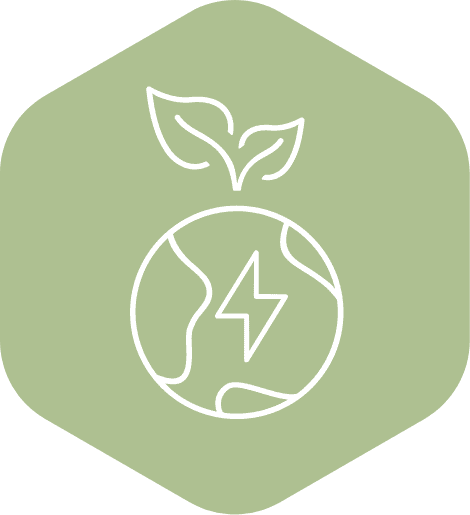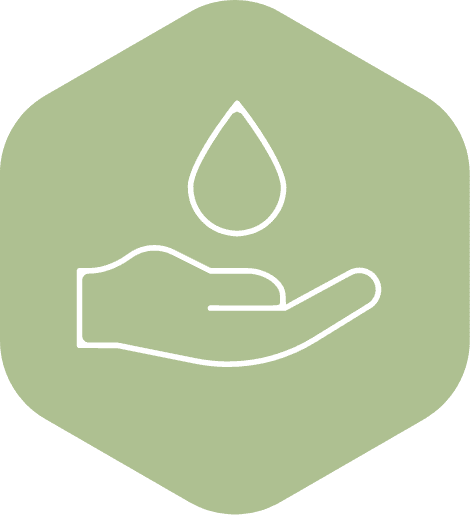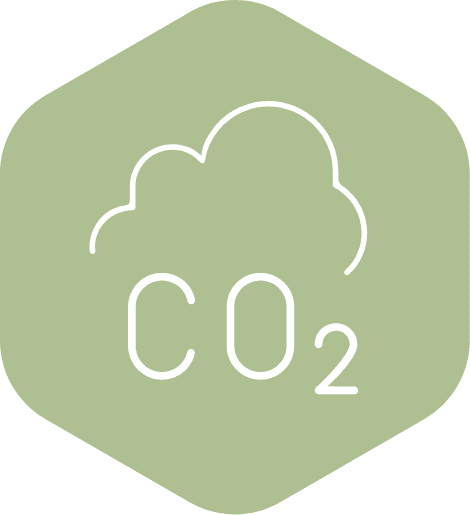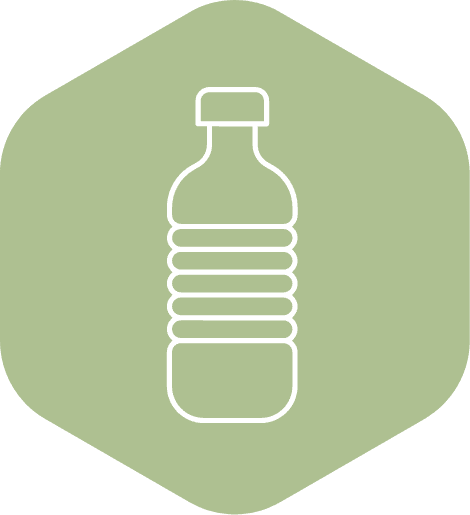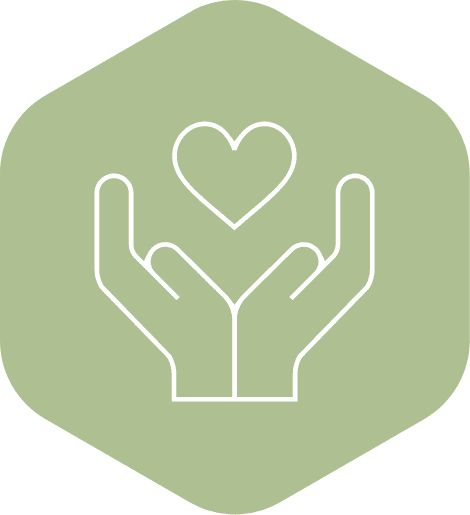Available
In the following colors
Woven on an air jet loom, piece dyed and 60% sustainable - RPET- make this textile unique in its kind.
Soil has been developed with comfort in mind, usable for many years and easy to clean with mainly a damp cloth.
This soft textile is machine-washable 30 degrees Celsius and the 100% RPET non-woven backing creates this extra comfortable and thick handfeel.
Available from stock in a wide range of trendy, modern and commercial colours.
Product characteristics
Abrasion Resistance - yarn breakage
>100.000 cycles
Pilling
Grade 4
Colour fastness to light
Grade 4-5
Colour fastness to rub (dry)
Grade 4-5
Material weight in grams per linear meter
± 497
Specifications
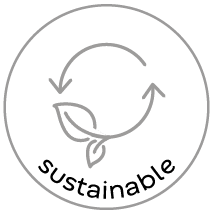

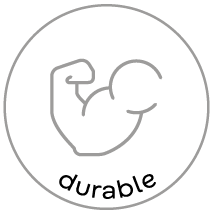

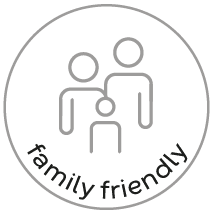

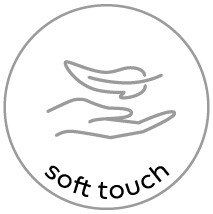

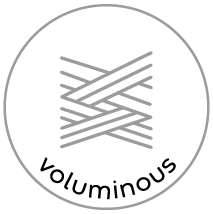

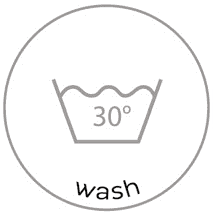

Quality marks
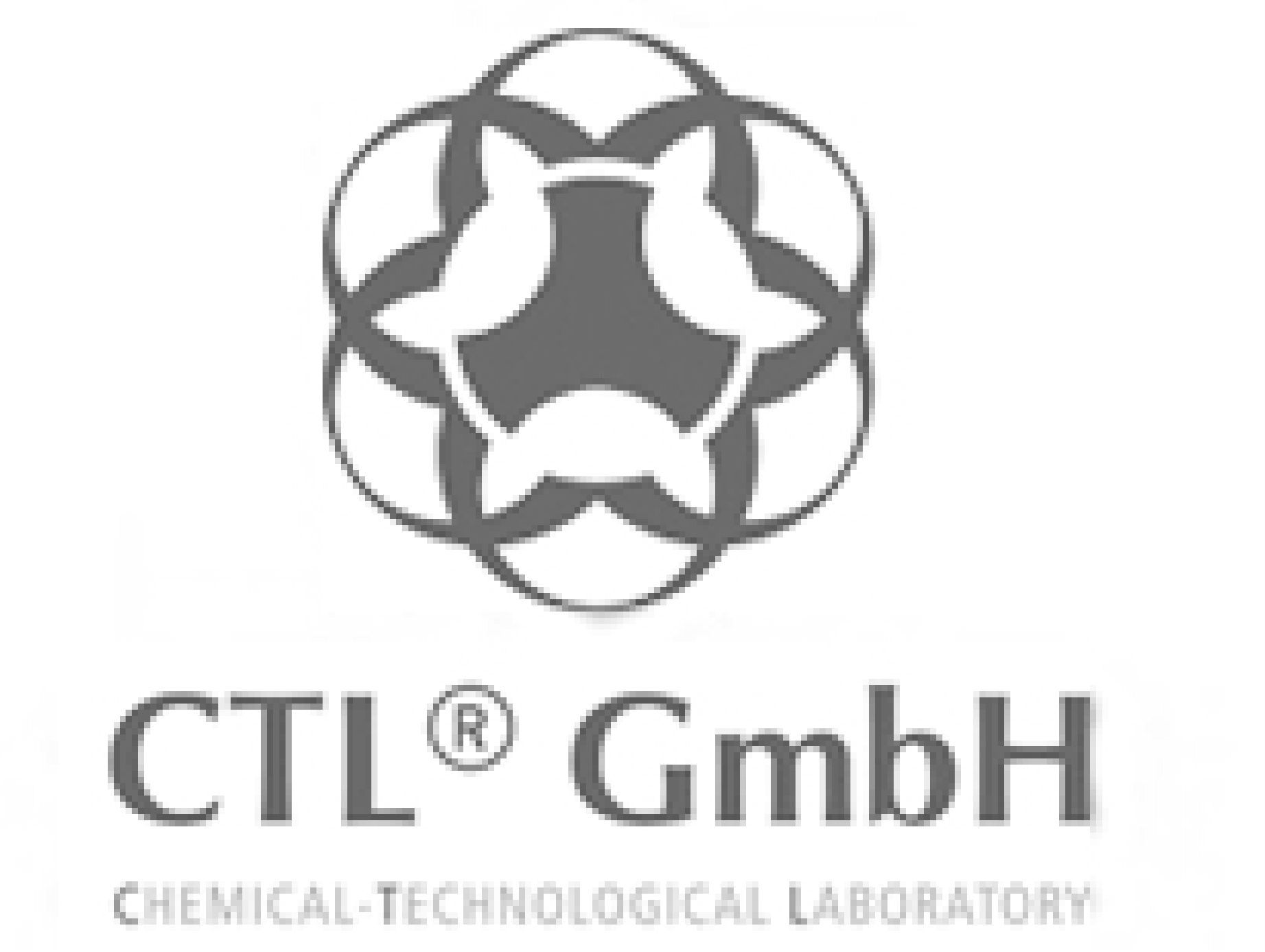







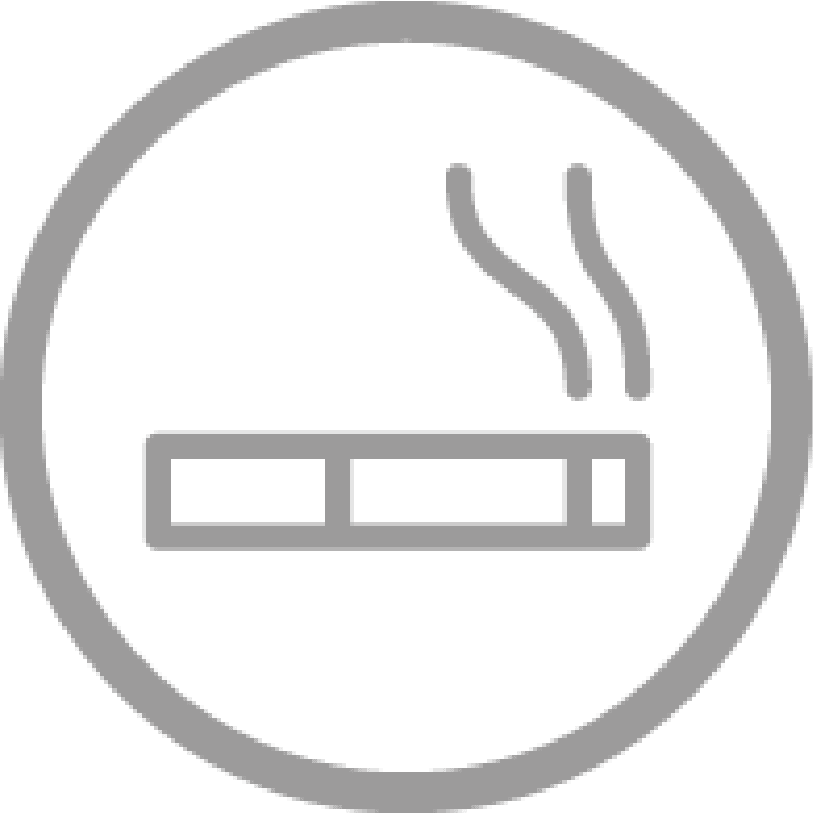

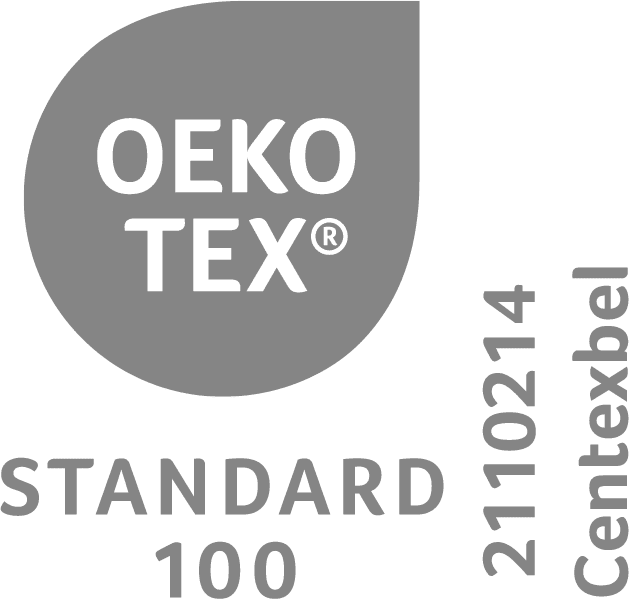

FAQ about this product
All parts of the production process are tested regularly. Our certifications cover everything from the collection of source materials to the fair treatment of personnel. You’ll find all certificates and qualifications on the product page.
RPET stands for Recycled Polyethylene Terephthalate, also known as Recycled PET. RPET is also called Recycled Polyester and it’s made from recycled plastic (PET) bottles.
Recycled Polyester (RPET) is environmentally friendly, cost-effective and safe; the regenerated polyester fibre is made from recycled plastic bottles and performs as well as regular virgin polyester. Here are some facts about RPET: RPET requires 86% less water than regular polyester. RPET consumes 70% less energy than regular polyester. The CO2 emissions of RPET are 75% lower. 1 kg of RPET can keep 60 water bottles out of environment. Using RPET helps us to not only keep plastic out of the landfills and oceans, but also to save our natural resources.
FABRAA SERVICES
Send me a portion of the latest news
Sign up for our newsletter.


